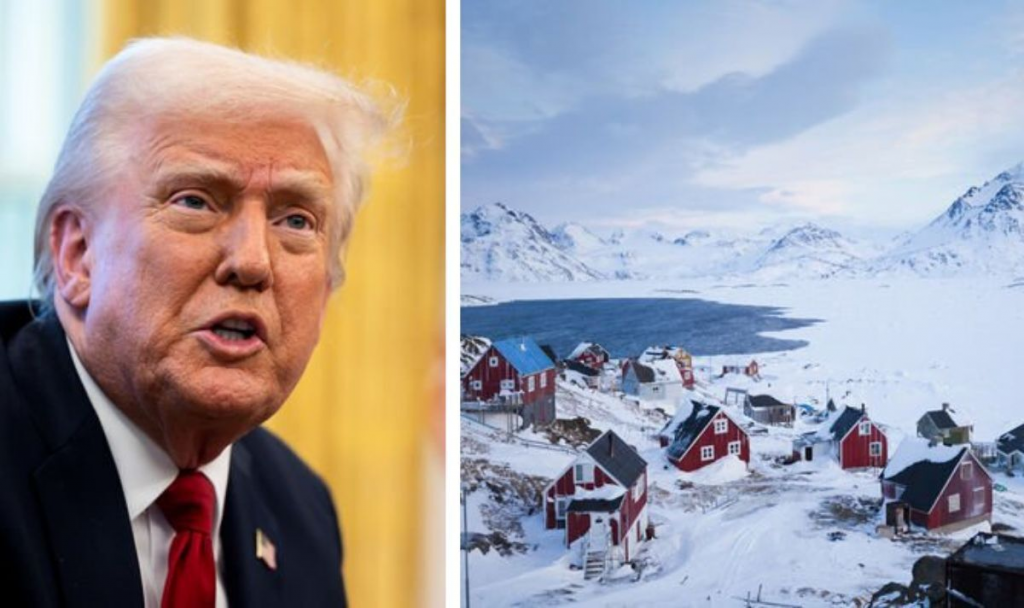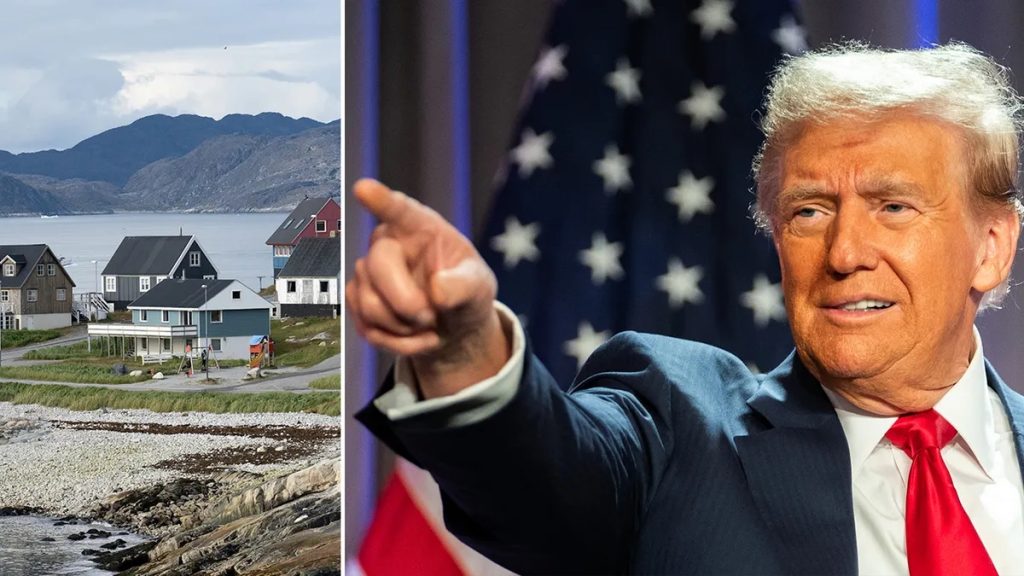In a move that has reignited international discourse, President Donald Trump has once again expressed a strong interest in acquiring Greenland, citing reasons he deems critical to national security and global stability. This renewed ambition has led to heightened diplomatic tensions between the United States, Denmark, and Greenland’s autonomous government.

Historical Context and Strategic Significance
The concept of the United States purchasing Greenland is not unprecedented. In 1946, the U.S. proposed buying the island from Denmark for $100 million, a proposition that was declined. Greenland’s strategic location in the Arctic, coupled with its vast reserves of natural resources—including rare earth elements, minerals, and hydrocarbons—renders it a valuable asset in geopolitical terms. Control over Greenland would provide the U.S. with a significant strategic advantage in the Arctic region, especially amid increasing activities by Russia and China.

President Trump’s Renewed Interest
President Trump’s renewed interest in Greenland has been marked by assertive rhetoric. He has suggested that U.S. control over the island is essential for national security and has hinted at taking decisive action to achieve this objective. This stance has been met with resistance from both Denmark and Greenland’s local government, which have reiterated that Greenland is not for sale.
Vice President Vance’s Diplomatic Mission
In an effort to advance the administration’s agenda, Vice President JD Vance, accompanied by his wife Usha and National Security Adviser Mike Waltz, visited Greenland’s Pituffik Space Base. During the visit, Vance criticized Denmark for what he described as inadequate investment in Greenland’s security infrastructure. He advocated for Greenland’s independence from Denmark, suggesting that alignment with the U.S. would bolster the island’s security and economic prosperity. These remarks have intensified diplomatic strains and have been met with protests from local Greenlanders and criticism from Danish officials.
Geopolitical Implications
The U.S. administration’s interest in Greenland is influenced by broader geopolitical dynamics. The Arctic region has become a focal point for global powers due to its strategic military positioning and untapped natural resources. Russia’s expanding military presence and China’s growing economic interests in the Arctic have heightened U.S. concerns about maintaining influence in the region. Acquiring Greenland is viewed by the Trump administration as a proactive measure to counter these developments and assert U.S. dominance in the Arctic.

Local and International Response
The prospect of U.S. acquisition has been met with skepticism and resistance from Greenland’s inhabitants and political leaders. Greenlandic political parties have formed a coalition government, emphasizing that “Greenland belongs to us” and expressing a commitment to increased self-determination. Danish Prime Minister Mette Frederiksen has also rejected the notion of selling Greenland, affirming Denmark’s dedication to supporting Greenland’s autonomy and development.

Conclusion
President Trump’s renewed pursuit of Greenland underscores the island’s significant strategic and economic value. However, the approach has led to diplomatic tensions and raised questions about the balance between national interests and respect for the sovereignty of other nations. As the situation evolves, it remains to be seen how these complex dynamics will unfold on the international stage.
